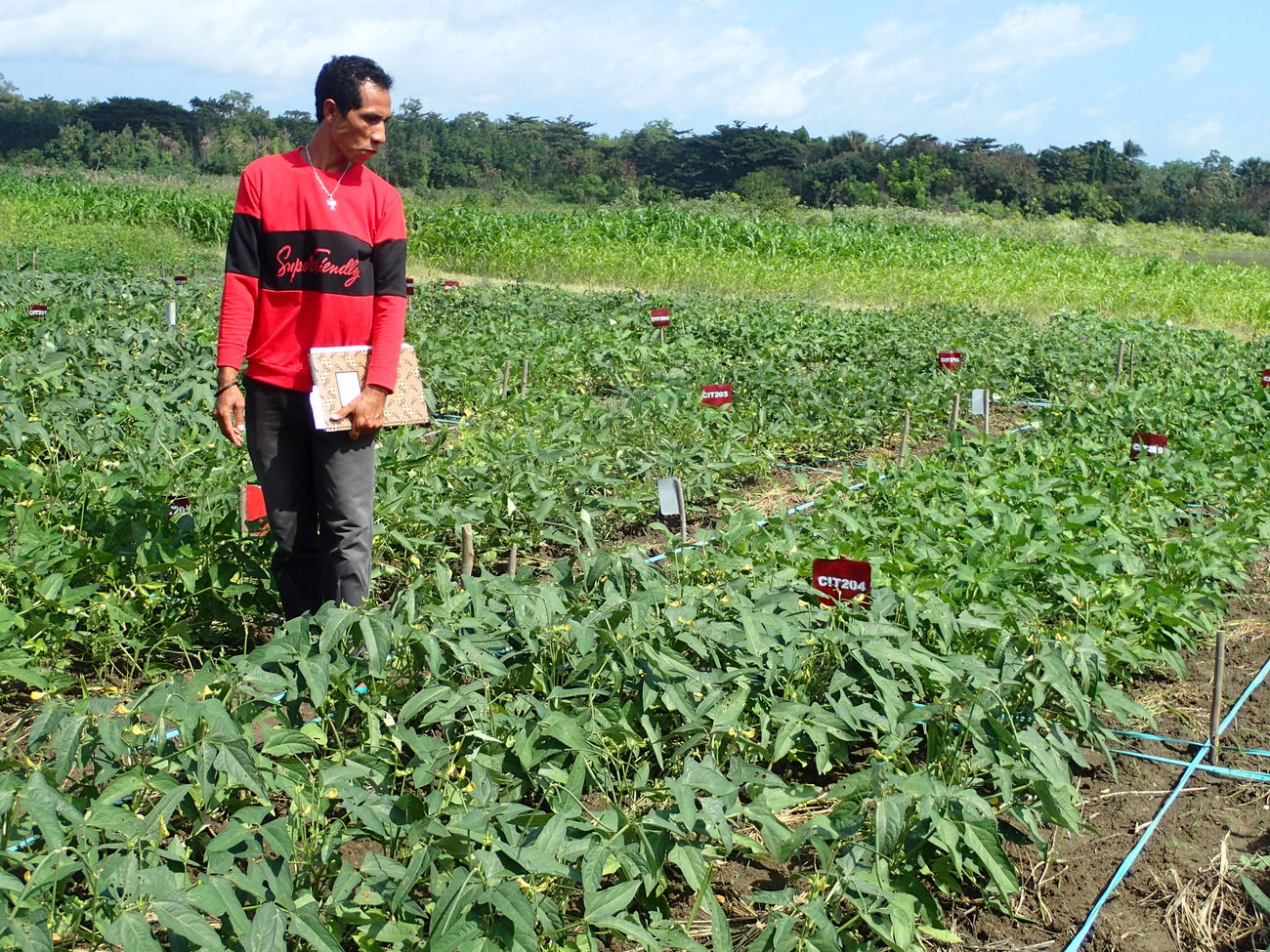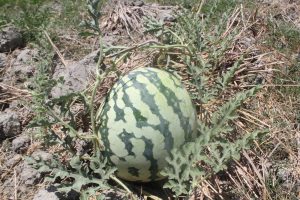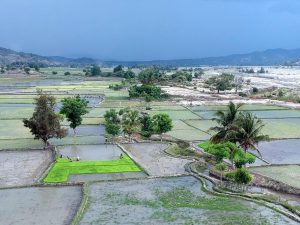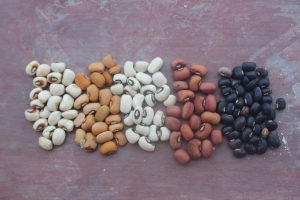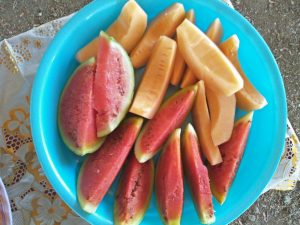AI-Com supported researchers have this week begun experiments to test novel ways of encouraging sandalwood seed germination, in order to grow more and healthier trees.
While sandalwood is endemic to the island of Timor, and grows wild, it can be difficult to germinate the seed quickly. Sandalwood seeds are designed to germinate a few at a time, some after each time it rains. As seeds germinate a few at a time, there is a chance some will be lucky and germinate at a time with good follow up rain, allowing them to grow to a mature tree.
This is not much good for seeds germinated in a nursery.
The slow rate of germination is called seed dormancy, because the seed sits in a dormant state before it is ready to germinate. Once dormancy of the seed has been broken, the seed is woken up and is ready to grow into a seedling.
Researchers have commenced experiments in Liquica, to the west of Timor-Leste’s capital Dili and in Natabora (on the south coast) to look at different ways to wake up sandalwood seed, or break the seed dormancy. The research will look at a range of options, including using plant hormones, local plant extracts and dry heat.
Due to the long time taken for a tree to reach maturity and commercial value, understanding how to quickly and successfully germinate sandalwood will help farming families unlock the economic and ecological potential of the country’s national tree, the population of which was dramatically depleted prior to Timor-Leste’s independence. Since 2003, the Ministry of Agriculture and Fisheries has distributed over 80,000 sandalwood seedlings to restore the tree’s population.
Research conducted by Ministry of Agriculture and Fisheries researchers with support from AI-Com could be scaled up in rural development projects, improving the productivity and profitability of crops and making the wealth of sandalwood a viable option for more rural families.
